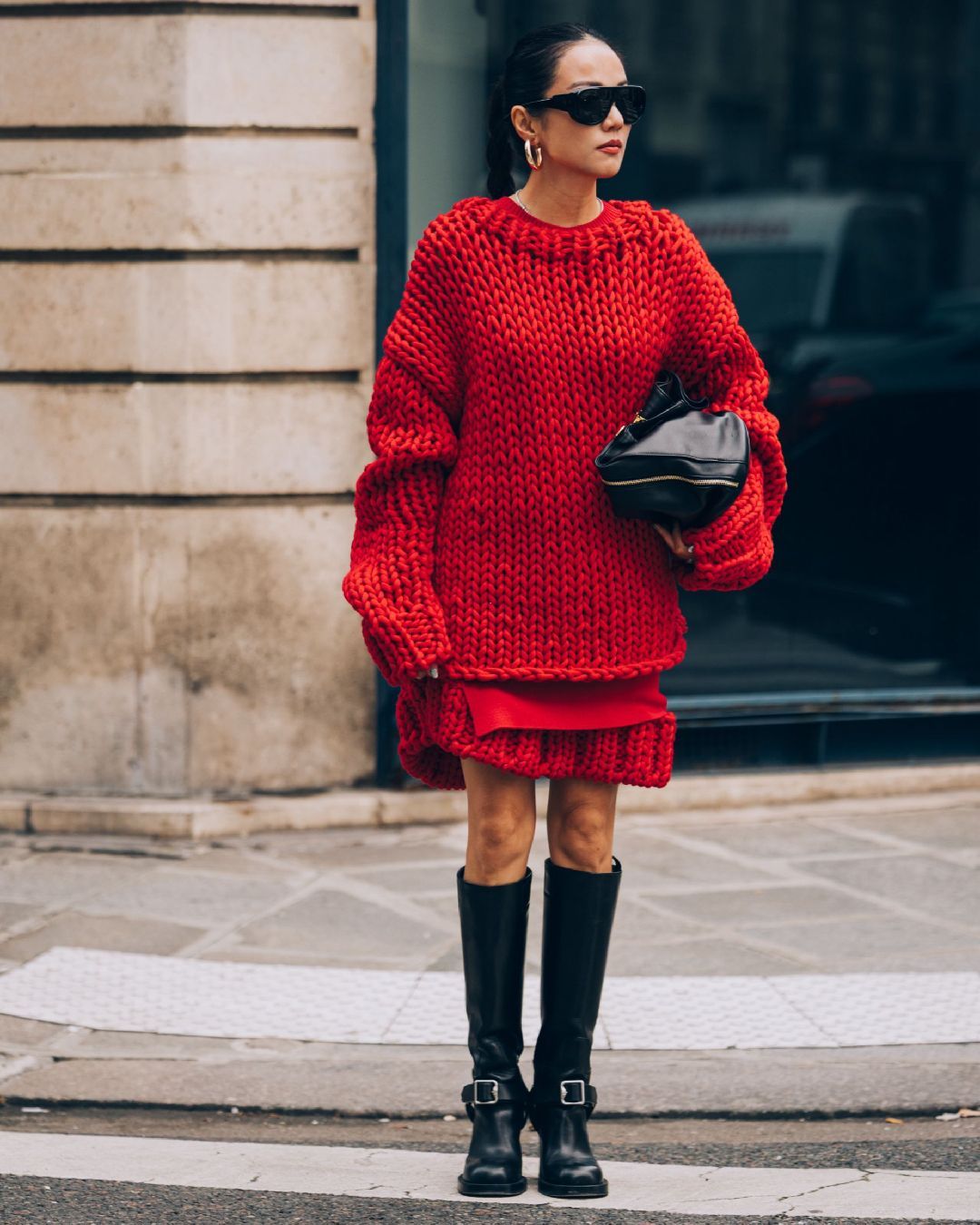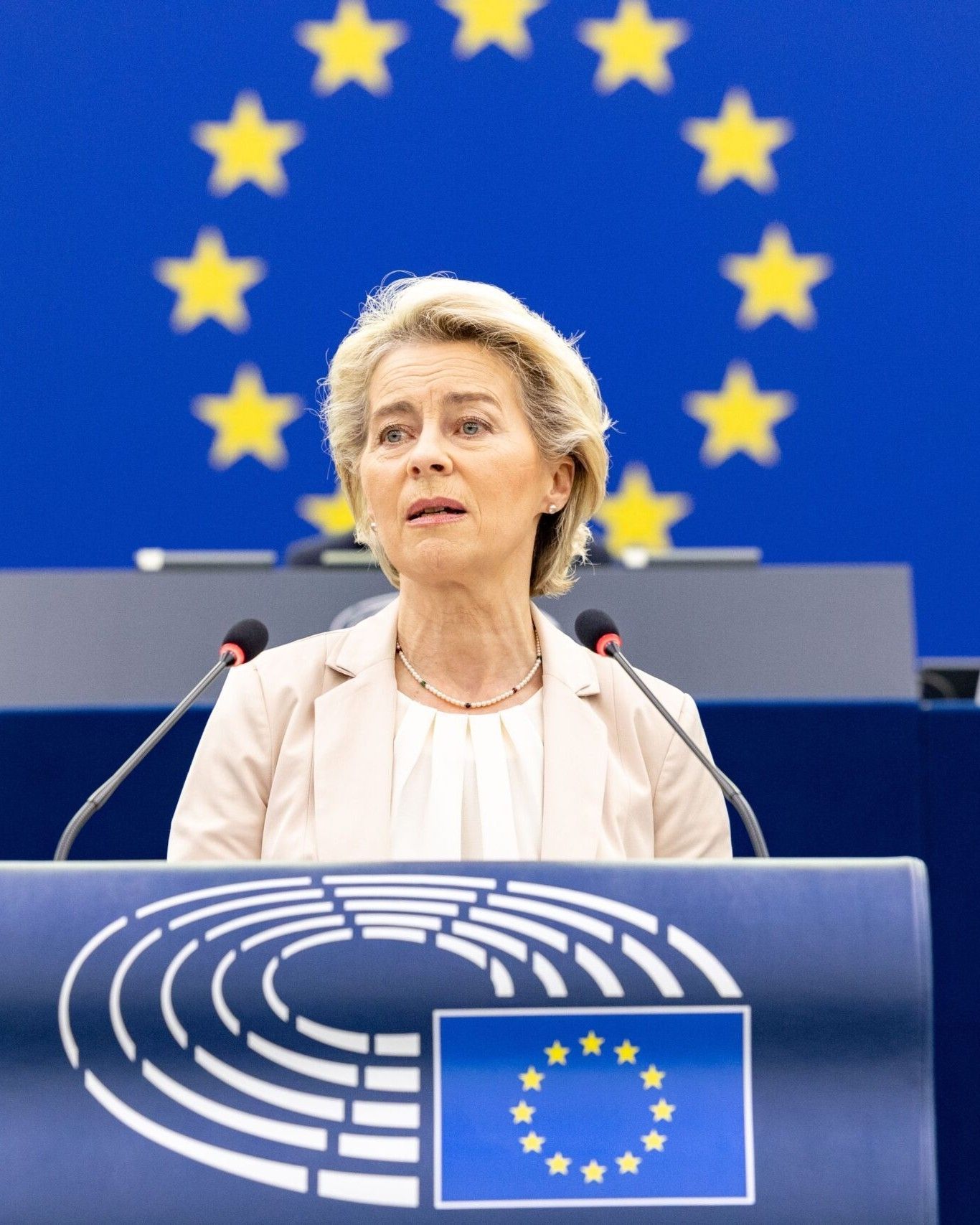
How did Tommy Jeans' The Refresh Sessions go? Three students from IED Milano, Polimoda Firenze and IUAD Napoli tell us this
Promote sustainability and give a voice to the new generations. The central goals that animated The Refresh Sessions, Tommy Jeans' digital project presented together with nss, all had to do with the renewal and circular dynamics of the future and the past. The focus of the project was upcycling: through the digital hub, in fact, the fashion students of IED Milano, IED Torino, IUAD Napoli-Milano and Polimoda Firenze had the opportunity to explore the world of denim by transforming old garments into a new creation through the digital masterclasses held respectively by the duo APJP (acronym of Alberto Panocchi and Joelle Pomioli) and Domenico Formichetti of Formy Studio together with the young designer Greg , specializing in distressing techniques.
After presenting the creations of fashion students from all over Italy, the editorial staff of nss magazine interviewed interviewed the winners of the social media battle chosen by the audience of nss magazine together with the creators involved to be told about their experience, their point of view on fashion and sustainability and their future projects.
In which way did Tommy Jeans' Refresh Sessions inspire you?
«This project has highlighted what, even in our small way, we can do to help this planet; how many things, with a hint of imagination, can be created in a short time».
(Paolo Bianchi, IED Milano)
«I felt it was an opportunity I couldn’t pass up. As I saw it, it would have been a great chance to grow and learn regardless of the outcome. Additionally, when I had read the brief on the masterclass and watched the accompanied video featuring the duo APJP, I was excited t to participate».
(Haigann Fevrier, Polimoda Firenze)
How important is sustainability to you?
«Fashion is the mirror of society, but also a way of communicating and changing things. The task of us designers is to conceive sustainability not as a trend, an aesthetic category, but as a process aimed at enhancing man, his evolution, his feelings».
(Raffaella Petraccaro, IUAD Napoli)
«Sustainability is fundamental and it must be fundamental. We have reached a point in which making mistakes is no longer acceptable. I always try to include sustainability in my projects, particularly in my final thesis which will be completely based on recycling. I hope that in 2021 recycling will not be a taboo anymore, a voice excluded from the choir, but that it will become the basis for every fashion reality and more».
(Paolo Bianchi, IED Milano)
How do you see the future of sustainable fashion?
«I anticipate a very bright future for sustainable fashion. With the amount of clothing that is discarded daily let alone yearly, retailers owe it to themselves and the world to take a look at what’s available and design with that in mind».
(Haigann Fevrier, Polimoda Firenze)
«I see people much more aware of the issue of sustainability; it is a total change that will occur over time, but it will happen».
(Raffaella Petraccaro, IUAD Napoli)
How often do you implement sustainability in your projects? In which ways?
«In all my university projects, I try to insert the sustainability topic as a central element, especially searching for fabrics that have a low environmental impact and that are derived from recycling processes. My goal is contributing to limiting pollution as much as possible through my work. One of the approaches that I usually consider is using waste fabrics that originated from the production of other clothes in some of my previous projects».
(Paolo Bianchi, IED Milano)
«At the threshold of 2021 sustainability is the basis of every innovative project, it is necessary always deal with the outside, do research, so it is a very frequent concept. For me being sustainable means first of all using the materials we already have,making upcycling of second-hand fabrics and clothing without creating new ones».
(Raffaella Petraccaro, IUAD Napoli)
What did you learn from this masterclass?
«I have learnt that from clothes at the end of their life cycle we can realise actual works of art with a high aesthetic level. It is not true that what comes from recycling must necessarily not be beautiful!»
(Paolo Bianchi, IED Milano)
«This masterclass allowed me to rediscover a lot about myself. I’ve always been quite impulsive, especially with my creative work. [...] Moving forward I intend to continue working in my impulsive state during the experimental stages of my process and in a more logical state when finding reason and meaning to my work».
(Haigann Fevrier, Polimoda Firenze)
«I found the painting techniques of APJP very interesting, it was something totally new to me».
(Raffaella Petraccaro, IUAD Napoli)


























































